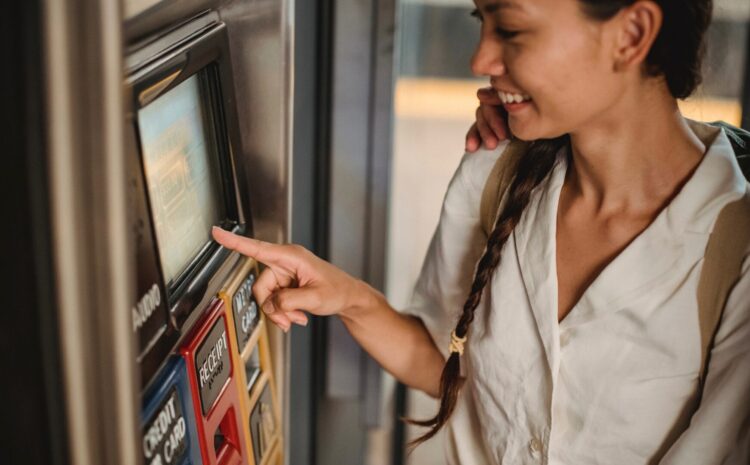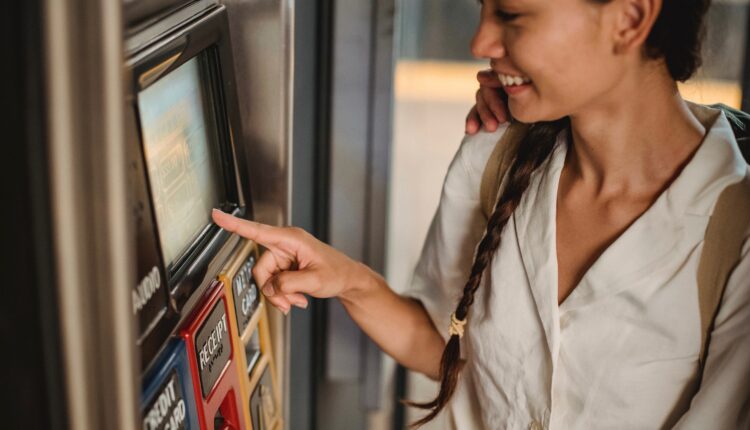Scientists at the University of Liverpool will partner with two Mersey firms to develop COVID-safe surfaces in hospitals, train stations, restaurants and shops. Tony McDonough reports

Scientists at the University of Liverpool are partnering two specialist Merseyside businesses to develop technology to limit the spread of COVID-19 on surfaces in public places.
Although much of the media coverage during the pandemic has focused on airborne transmission of the virus, there remain a risk of people coming into contact with COVID in locations such as hospitals, train stations or restaurants and shops.
Now a consortium that includes the university’s Open Innovation Hub for Antimicrobial Surfaces, Liverpool School of Tropical Medicine, Northern Rail, Alder Hey Hospital, as well as specialist local firms Gencoa and Biaccon, has secured three Innovate UK grants.
Two of the projects will involve Gencoa, which is focused on developing coatings for surfaces. The third project will involve Biaccon which specialises in the decontamination of point of sale devices in retail outlets that are touched by members of the public.
The aim is to create anti-viral surfaces that will mitigate the potential of the virus to spread from surfaces that people come into regular contact with. COVID-19 has proven to be particularly resilient and can remain active on plastic and glass surfaces for several days.
The projects will target three main applications: anti-viral coatings to create reusable face visors and goggles with high optical performance; a transparent anti-viral touch screen coating for ticket machines and healthcare; and a point-of-sale cleansing system for the retail sector to rapidly disinfect card readers after every use.
Scientists at the Open Innovation Hub for Antimicrobial Surfaces have a strong track record in surface science research and innovation. The will use their extensive industrial partnerships and supply chains to develop these new smart anti-viral and anti-bacterial surface technologies.
Professor Rasmita Raval, director of the hub, said: “Anti-viral surfaces are at the frontline of COVID control and new surface-based technologies have the potential to break and contain chains of transmission.
“This project creates an excellent opportunity to translate our state-of-the-art surface science research into the region’s innovation pipeline and help our regional SME companies to create new products that will enable key sectors in our city and the UK to open up again.”
Dr Dermot Monaghan, managing director of Gencoa, added: “For five years Gencoa has been developing very thin transparent coatings that can protect touch screen users from microbial contagion.
“The success of our grant applications with the University of Liverpool and other partners is the springboard we needed to provide the scientific information of how these surfaces quickly kill viruses and bacteria.”
And Peter Rutter, managing director of Biaccon, also said: “It’s essential to find multiple solutions which break the chain of COVID transmission and help everyone return to their work and leisure environments safely.”

